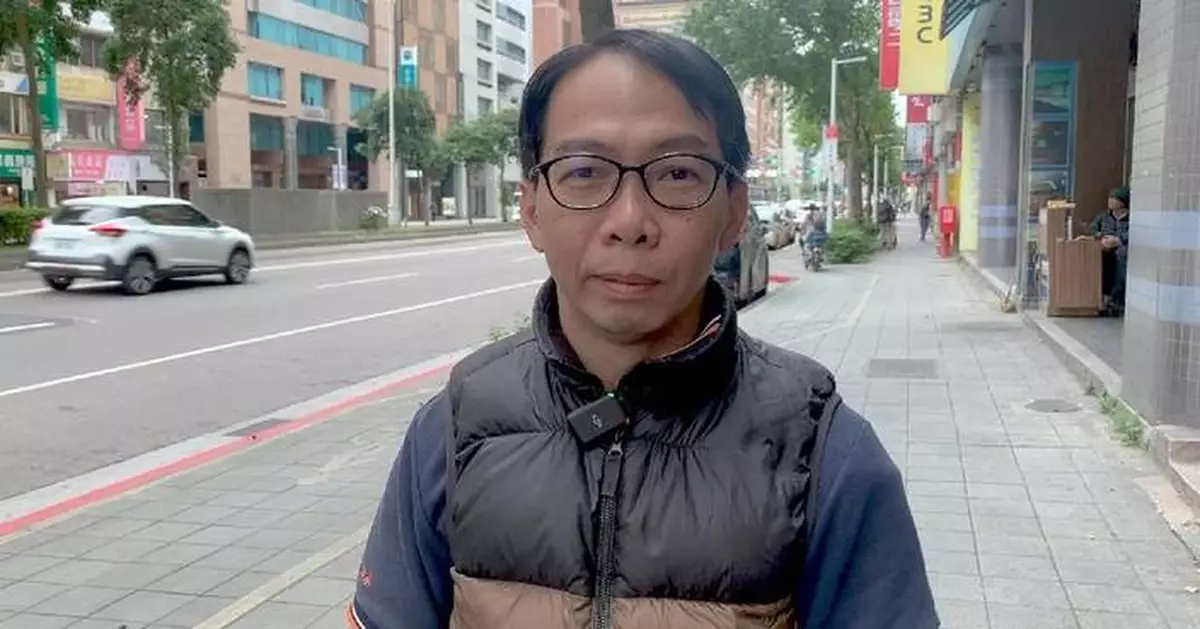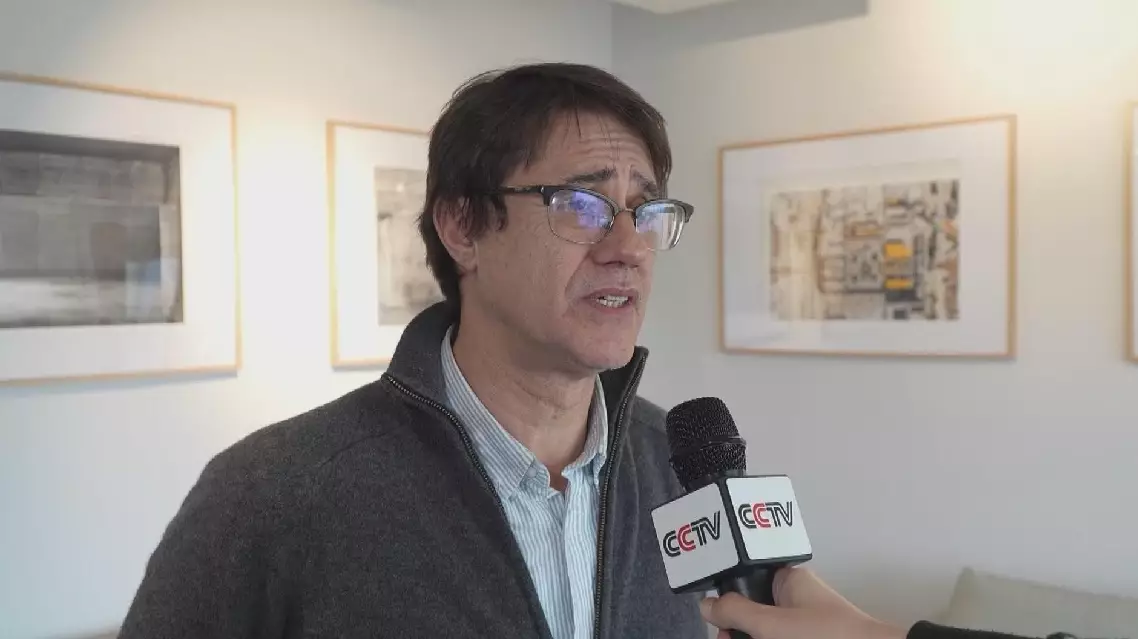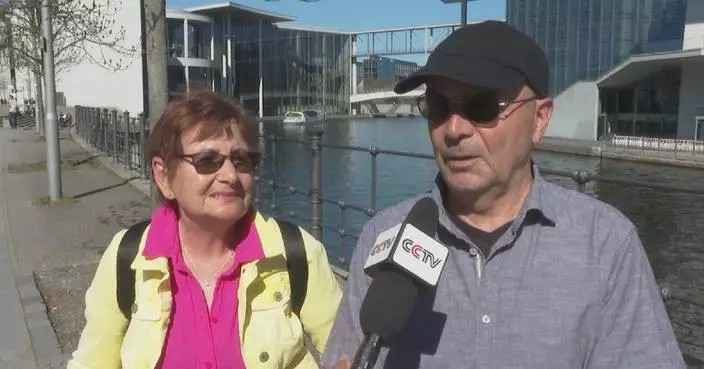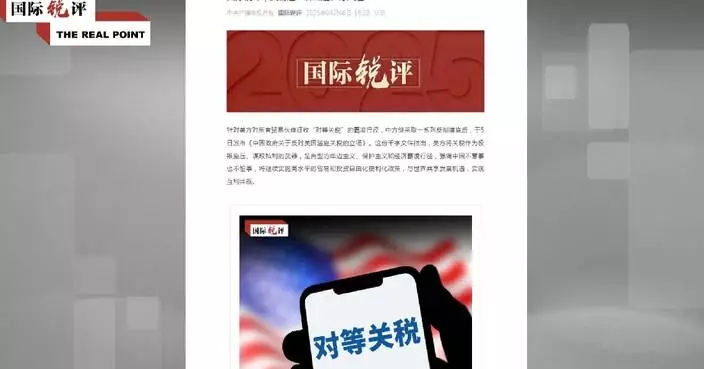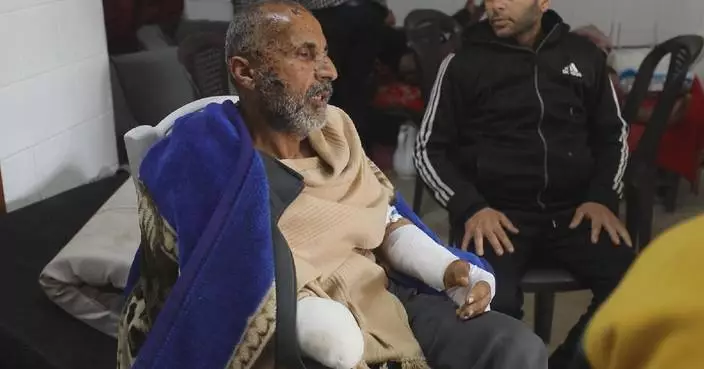Compatriots living in China's Taiwan region are voicing their concerns over the increasing tension across the Taiwan Strait and calling for peaceful engagement, after Taiwan leader Lai Ching-te unveiled 17 strategies to counter so-called "threats" and defined the mainland as a "hostile external force" at a press conference in mid-March.
In less than a year since taking office, Lai, who leads the Democratic Progressive Party (DPP) authorities, has further escalated restrictions, imposing obstacles on cross-Strait travel, education exchanges and economic and trade cooperation. He has also banned the use of mainland artificial intelligence model DeepSeek, obstructed Taiwan professionals from taking part in the mainland's technological and cultural development programs, and prohibited collaborations between Taiwan-based institutions and 10 mainland universities.
Lai's approach, seen by some as running counter to public desire for stability, has sparked reactions emphasizing peace and shared heritage.
"Since Lai Ching-te took office, cross-Strait relations have become increasingly tense. I think the two sides of the Taiwan Strait should live in harmony because everyone hopes for peace now. And why [the DPP authorities] constantly talk about hostility? I think the two sides of the Taiwan Strait are one family, as we speak a same language and are of a same race. [Right now,] it's also very inconvenient when we want to visit relatives in the mainland. I feel the [cross-Strait] relations have become even worse with tension compared to the time when the Kuomintang was in power. And I don't like living in such a tense environment. I believe the two sides of the Taiwan Strait will be destined for reunification someday, given that the mainland is our motherland. It's hard for us to separate from something so deeply connected to us," said one resident surnamed Lin.
Another resident surnamed Chiang criticized Lai's confrontational rhetoric and called for maintaining peaceful coexistence across the Taiwan Strait.
"I think what Lai has said is really inappropriate. We should aim for peaceful coexistence of the two sides of the Taiwan Strait. After all, we live in peaceful coexistence so that the mainland provides us with various resources. Maintaining such a relationship of peaceful coexistence is very beneficial for us," Chiang said.
One resident surnamed Yu emphasized the importance of open communication and mutual goodwill.
"Everyone needs to sit down and engage in proper talks. We also need to let the other side know that we are showing goodwill too. And when both sides show goodwill, a very good mechanism can be jointly created. I feel one shouldn't be too closed off and closing oneself off is not something good, especially with the internet being so developed now. And I think that reunification isn't a bad thing, but all conditions must be stated clearly and explained properly," Yu said.
"The people in Taiwan all hope to lead a peaceful and stable life, and don't want too much turmoil or war to break out," said another resident surnamed Tsai.
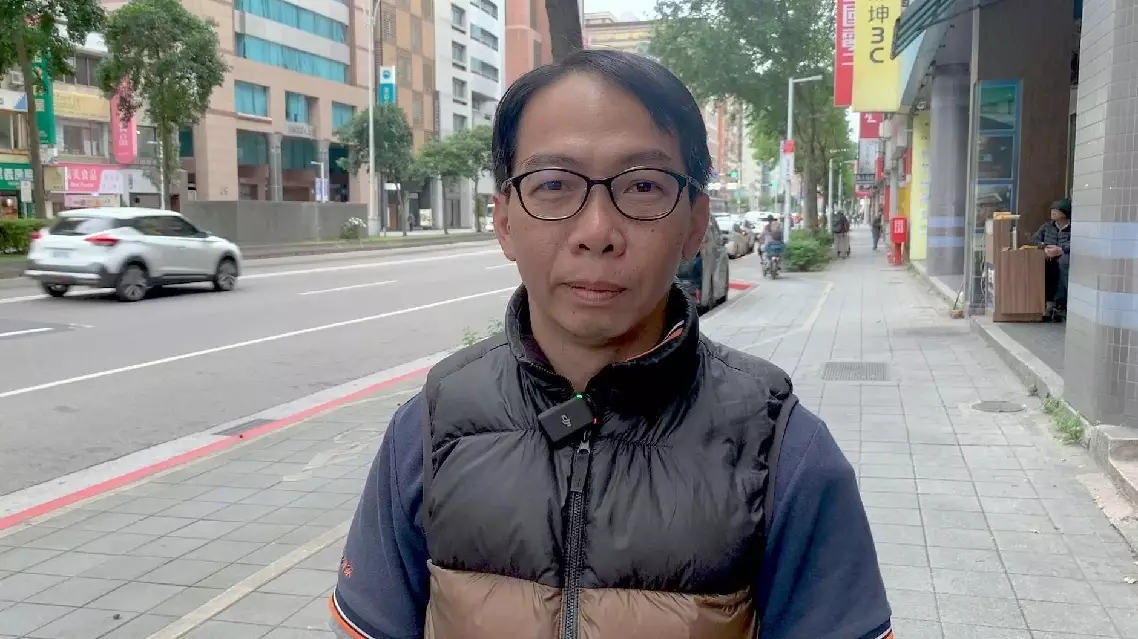
Taiwan residents voice concern over rising cross-Strait tensions, call for peace


